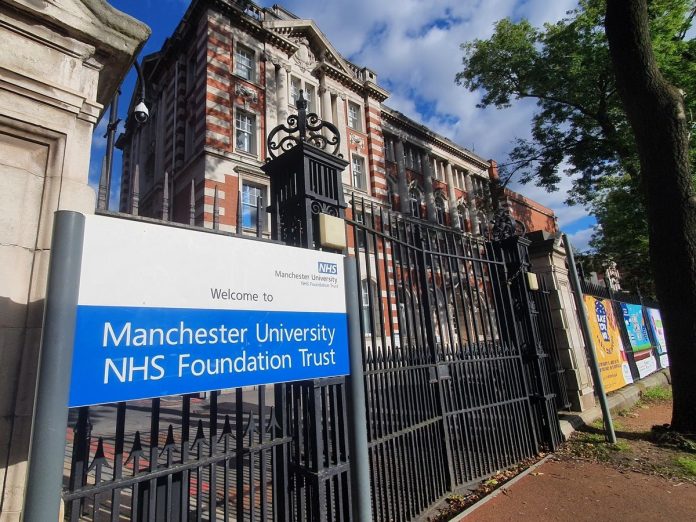Care ‘traffic control’ centres to speed up discharge, additional ambulance hours and extra beds are part of wide-ranging plans to prepare for winter, the NHS will announce today.
The robust new measures, due to be set out at the NHS England board meeting in Birmingham today, will boost capacity and resilience across the NHS as well as building on the recent improvements in ambulance response times and A&E performance.
Winter preparations have been well underway since the publication of the NHS’s Urgent and Emergency Care Recovery Plan, with over 800 new ambulances set to be in place to deliver over a million more ambulance road hours as well as 5,000 more sustainable hospital beds and hundreds of new virtual ward beds each month.
The NHS will also be announcing a new scheme to encourage local teams to ‘overachieve’ on performance measures with financial incentives provided for these areas.
With more than 12,000 patients every day in hospital despite being medically fit for discharge, a nationwide rollout of ‘care traffic control’ centres will provide one stop for staff to locate and co-ordinate the best and quickest discharge options for patients – either at home or into social or community care.
The centres will bring together teams from across NHS, social care, housing, and voluntary services in one place to help make live decisions and offer patients everything they need in one place.
Around a quarter of local areas currently offer this service 12 hours a day, seven days a week and this is set to expand to every area of the country by winter.
Drawing information from electronic patient records to track patients and link up with housing services, it is expected a third of patients could be discharged using this model by December.
the monthly board meeting today, the NHS will also outline how it is bracing for another winter facing the possibility of higher than usual levels of respiratory illness including Covid, flu and RSV. Australia, whose activity often predicts what the NHS in England is likely to see in winter, is experiencing one of the biggest flu seasons on record with children particularly affected, making up four in five of flu-related hospital admissions.
The use of Acute Respiratory Hubs – where patients can get urgent same-day face-to-face assessment for conditions like Covid, flu and RSV will also be expanded to be available in every part of the country. Last winter, when first introduced, almost 730,000 patients used these services, helping to speed up access to care and advice while reducing wider system pressures.
With high levels of bed occupancy all year around, hospitals are putting more beds in place for patients and are on track to hit 5,000 additional ‘core’ permanent general and acute beds. Thanks to the efforts of the NHS, more than 99,000 core beds will be in place across the country by December 2023 – thousands more than last year, to boost resilience.
Sarah-Jane Marsh, NHS national director of urgent and emergency care, said: “Winter is always a busy time for the NHS and our teams are already under significant pressure – so today, we are launching a plan to further increase resilience across the country.
“Thanks to the hard work that goes on day in day out and the ambitious measures in our urgent and emergency care recovery plan, patients are seeing significant improvements in ambulance and A&E services over recent months.
“Ahead of winter we will not only have more ambulances and beds in place, but we will also be continuing to work more closely as an entire NHS and social care system, increasing the capacity of community services that help keep patients safe at home.
“We will continue to build on this progress and do everything we can to put the NHS on the front foot ahead of what has the potential to be another challenging winter with covid and flu.”







